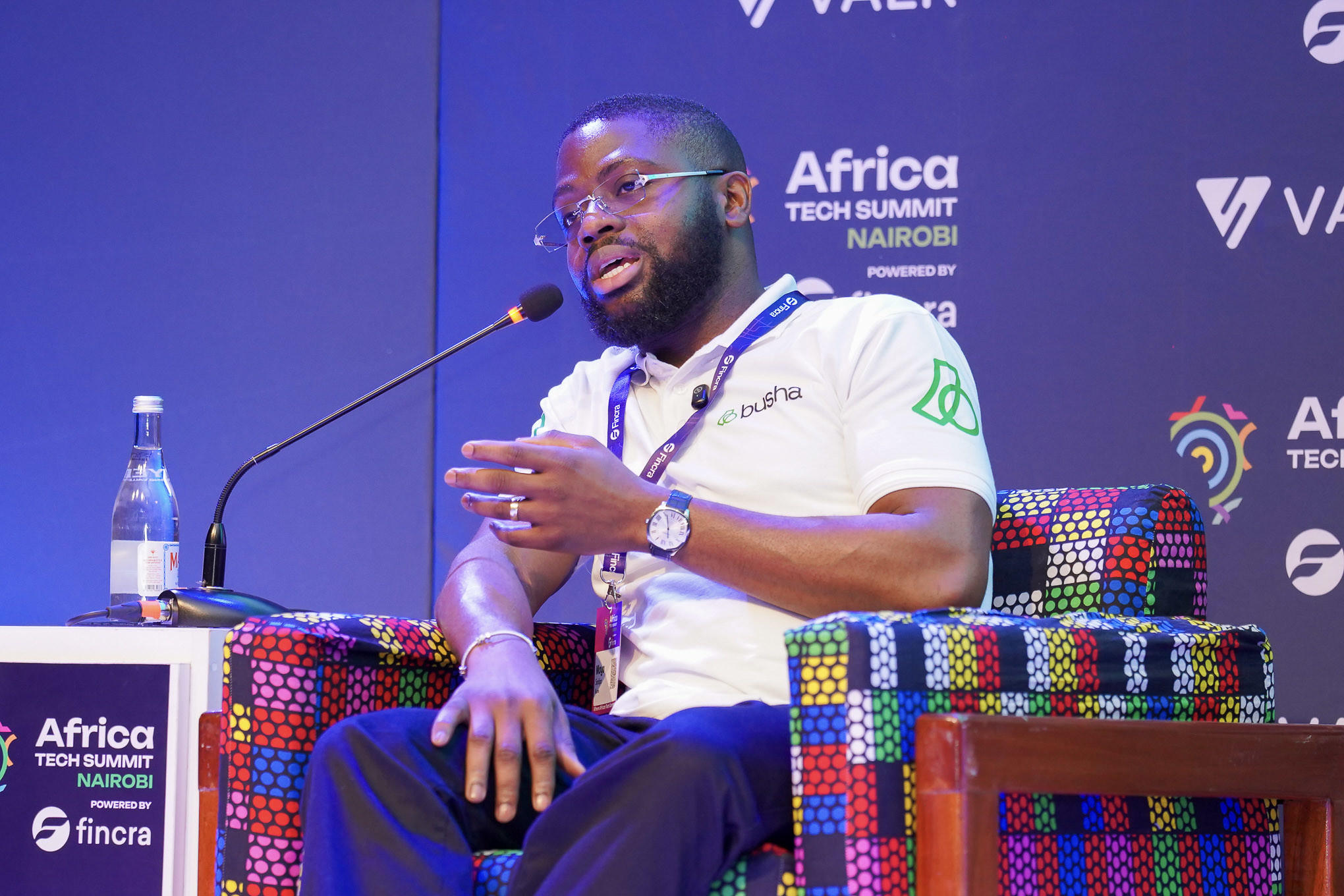Investing in the tech industry can be dicey. Startup investors share how they navigate the market.
Investing in any business comes with its own risks and rewards, and the African tech space is no different. Per Statista, the average startup failure rate in Africa stood at 54% in 2020. However, no investor takes a bet on a business expecting losses or risks, according to Olumide Soyombo, a partner at Voltron Capital.
Soyombo made the assertion at the ongoing Moonshot conference, a flagship conference by TechCabal which has gathered players and builders in the African tech space to network, collaborate, share insights, and celebrate innovation on the continent.
“When I am investing, I am optimising for the upside not down sides,” Soyombo said during a panel on “Thinking about risk and reward in Africa.”
It is important to note that the investing landscape of African startups has transformed over the past decade from very few players to a plethora of venture capital funds. A Disrupt Africa 2022 report alluded to this growth, noting that total annual funding for African tech startups has increased by over 1,000% since 2015.
Founder & MD at Ingressive Capital, Maya Horgan Famodu, another contributor on the panel, admits that the African tech startup ecosystem had changed since 2014 when she began to invest in the sector. “This is my 10th anniversary in tech since I started out in 2014—straight out of college,” she added.
The risks
Nonetheless, the risks in the tech ecosystem are as many as they come. The tech landscape can be quite daunting. The sector seems to be in a recovery mode this year as it opened with sober tales of a funding downturn. This has been exacerbated with the currency devaluation, corporate governance issues, and economic reforms which have stretched the Nigerian masses.
The rewards
Two other panellists, senior associate, Verod-Kepple Africa Ventures, Oliva Gao, and Dolapo Morgan of Ventures Platform said that rewards abound in investing. However, Morgan said it is vital that when funds are raised via Venture Capital, they are returned at a 10 times rate. To achieve that, Morgan explained that the startup receiving the fund must be solving a huge problem that can earn it a lot of revenue.
One of the major goals of establishing a startup is to see it exit. Paystack’s acquisition by a US-based global payment company Stripe has demonstrated what is possible. However, the reality of that billion-dollar exit is quite grim. Morgan states that exits won’t look like Silicon Valley billion-dollar ones. “Sometimes, exits can take three years for a company to mature to a $100 million to $300 million exit,” Morgan said.



















